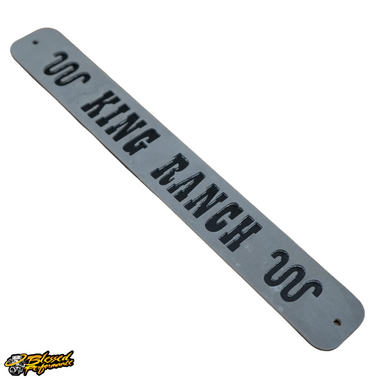Is Exhaust Back Pressure Good for Turbo?
Estimated 0 min read
Many things go into the performance of your vehicle. Some of those things, like exhaust back pressure and a turbo, may not even be on your radar. If the following situation hits close to home, you’ll appreciate knowing if exhaust back pressure is good for turbo so you can take the appropriate actions.
What Is a Turbo?
It would help to fully understand what turbos are and do before we jump deep into what exhaust back pressure means for it. A turbocharger comprises an air compressor and turbine to facilitate wasted exhaust gases. In essence, the engine draws in more oxygen-rich air, resulting in better performance from combustion.
Diesel owners opt for turbos if they want more horsepower, considering one can expect a horsepower increase of around 100 if it’s a good one. However, that increase has little to do with fuel because of the turbine.
There can be no turbine spooling and hence no power for the turbo if exhaust gases are not present. That’s why you won’t feel the boost in power from the turbo until you start revving the engine more vigorously and creating more exhaust gases.
Understanding Exhaust Back Pressure
As previously discussed, combustion releases exhaust gases, which travel from the engine via the exhaust system before leaving through the tailpipe.
Rapid release of these combustion byproducts is necessary to make place for incoming oxygen for the following combustion. Otherwise, you will have a noticeable dip in performance.
The goal is for any diesel owner to have the air pressure in the exhaust lower than that of the combustion chamber. After all, there can’t be combustion if the exhaust gases have nowhere to go.
In tiny quarters like a tailpipe, back pressure is the force acting against the flow instead of pressure moving the opposite way. In essence, back pressure is a pressure barrier or the residual force acting in the intended direction of motion.
The Answer
The relationship between turbos and back pressure is not positive for two reasons. The first negative from back pressure is turbo lag. Back pressure blocks exhaust gases from free-flowing, causing the turbo to work harder from the lack of exhaust for spooling.
The first problem leads us to the second complication: a dip in performance. Although the turbo may fire up, it won’t come close to offering the horsepower you know it can. Back pressure is the primary disruptor for exhaust gases, leading to negative consequences.
Some people misconstrue what back pressure means and what it does, leading to the incorrect assumption that it’s good for your vehicle. Exhaust scavenging and exhaust velocity are two things that others confuse for back pressure.
We can sum up all the science by simply stating that you do not want back pressure when there’s a turbo involved.
Now that you know if exhaust back pressure isn’t good for turbo, you can take the appropriate actions to fix the issue. Perhaps a Ford 6.0 turbo upgrade from Blessed Performance is in the cards to elevate your vehicle to the next level. We love to make a difference and provide quality parts, upgrades, and performance enhancers that turn your vehicle into a wrecking ball on four wheels.









